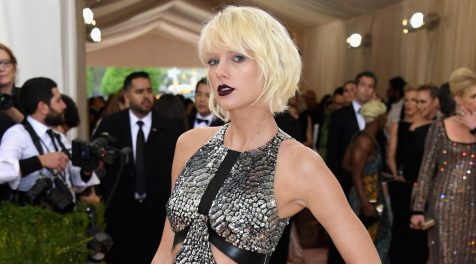Public Knowledge: Media Training Workshop
In Session 2, Developing Your Story: Why Your Research Matters we discussed Angles, Key Messages & Talking Points.

My Work
Research: RL Education (California State University), VR Education (Medici University) & Alt Ed (Runaway University)
Angle: Real lessons from fake universities. (by “fake” I mean virtual & alternative)
Key Messages
- Students in 2016 are often unengaged
- We’re offering a 19th century education in the 21st century
- Faculty are obsolete, we need Coaches now
- Students are obsolete, we need self-motivated mental athletes (“learners?”)
- In between Montessori & Grad School are sixteen years of rote education
Talking Points
- In the past 11 years at CSU Long Beach I’ve taught 4,558 students. They’re demographically all over the map. But so many have been unengaged.
- Some of the same students who balk at $5 or 10 for museum parking will gladly pay $300 for Coachella tickets.
- Some of the same students who won’t proofread even to catch the most glaring spelling and grammar errors in their work will spend hundreds of hours leveling up in video games.
- In the past year I’ve hosted 170 travelers from 58 countries. Many doing a gap year between high school and college. They’re smart, informed, and engaged. I’d like to see more American students take gap years.
- We’ve created a system where even the best students care more about points and grades than knowledge and ideas
- When I grade CSULB’s Writing Proficiency Exam (WPE / GPE) I see students striving to complete hoop jumping, not to achieve excellence.
- Cousin Viv in the flight simulator
Sample Questions
- Why do you say that students are unengaged? (lethargy)
- How would you better engage students? (self-direction)
- What does a 21st century education look like? (admit that Google, Wikipedia, YouTube & MOOCs exist)
- How would you start transforming education? (individual classes, individual students)
If Elon Musk is right… the universe is just a giant video game, and I’ve gotta say, I think there’s room for improvement. I mean, what was the developer thinking, the whole thing starts with this 18-year tutorial level called “school” that you’re not allowed to skip, then you never end up using that stuff in the game.
— Stephen Colbert
The principal goal of education in the schools should be creating men and women who are capable of doing new things, not simply repeating what other generations have done.
— Jean Piaget
It doesn’t behoove an emerging generation to placate the world view of those who came before them.
— Hennessy Youngman
Man is least himself when he talks in his own person. Give him a mask, and he will tell you the truth.
— Oscar Wilde
Notes from Susan C. Mills
Last class:
- Mining for an angle to your research that is accessible and applicable to the general public. It is important to connect your research to something relevant to the public.
- Key Messages: It is important to think about what you want to communicate during an interview. Key messages are those topline ideas you want to relate about your research and how they are relevant to the general public. These should be brief. You should have only three key messages at the most for each interview (Due to time/space constraints).
- Talking Points: These are succinct comments supporting your key messages. Again, you usually only need two or three (maximum) talking points for each key message (Due to time/space constraints).
- Key messages, talking points (and Q&As) exist in order to prepare you for an interview.
- Key messages, talking points (and Q&As) are always confidential and never shared with a reporter.
Homework due this Saturday:
- Write out and refine your angle, key messages and talking points. Think of the structure as an outline.
- Create a Q&A: Brainstorm some questions a reporter could potentially ask and fit in your key messages and talking points
- This is important because the guest speakers and I will be using your questions to interview you.
- Think about visuals to be used in your video. Is your office a good place to videotape? Does it show anything about your research or your personality? Do you have a prop you can use or electronic images that can be used in the video interview?
Visit csulb.edu/newsroom/media-library and click on the “Video” tab to view some interviews that make use of visuals.
Some good ones include:
- “Why Some Animals Have Evolved with Body Armor, Quills and Sprays”
- “Long Beach State University Study Abroad, 2015”
- “Long Beach State University Partners with Cambodian Neighbors”
This Saturday:
- POSTPONED: Originally, one of the topics we were going to discuss this Saturday was social media. However, this has been pushed back to the October 22 class because we have a lot to cover this week with mock interviews and we have some amazing guest speakers.
- The two guest speakers and I will be talking about what makes for a good interview and what makes for a bad interview. This will include tips and tricks you will want to learn in order to be your best in front of a reporter.
- We will then break up into groups led by the guest speakers and I. Every student will have an opportunity to be interviewed so s/he can practice their key messages and talking points. This is where it will be helpful to have the questions you developed as part of your homework.
- We will come together again to view some of the interviews and discuss.
- These are only practice interviews. So, there is no need to dress up for Saturday.
- All remaining classes will be held in Hall of Sciences #105 (HSCI 105).

Comments? Questions? What great art did you see, make, or experience today?